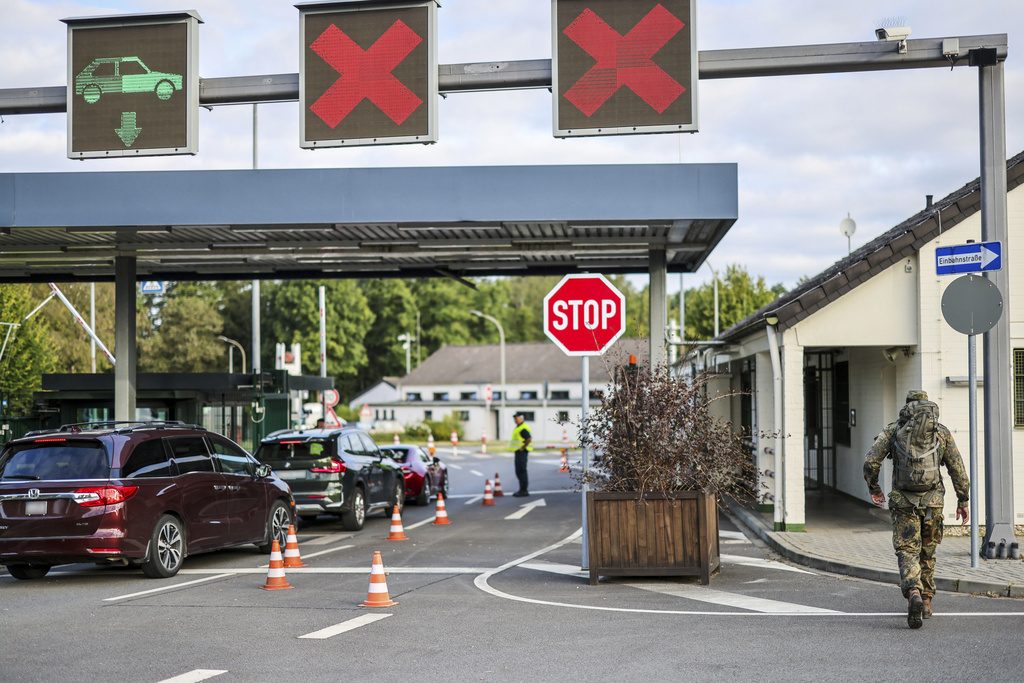
BERLIN - The NATO air base in the German town of Geilenkirchen has raised its security level "based on intelligence information indicating a potential threat", it said late on Thursday.
"All non-mission essential staff have been sent home as a precautionary measure," the base said in a statement on the social media platform X, without giving details. "The safety of our staff is our top priority. Operations continue as planned."
A spokesperson for the base in Geilenkirchen said the threat level had been raised to Charlie, the second-highest of four states of alert, which is defined as "an incident (that) has occurred or intelligence has been received indicating that some form of terrorist action against NATO organizations or personnel is highly likely".
ALSO READ: NATO leaders gather amid uncertainty, questions on relevance
It was the second time the base housing NATO's fleet of AWACS surveillance planes raised the security level after an incident last week when a military base in nearby Cologne was temporarily sealed off as authorities investigated possible sabotage of the water supply.

The same day, the base in Geilenkirchen also reported an attempted trespassing incident that prompted a full sweep of the premises.
With regard to the suspected sabotage at the base in Cologne, the German military later gave the all-clear, saying test results had shown that the tap water was not contaminated.
READ MORE: NATO kicks off largest military drills in decades
Several incidents on NATO territory have been treated as suspicious by analysts in recent years, among them the severance of a vital undersea cable connecting Svalbard to mainland Norway in 2022.


